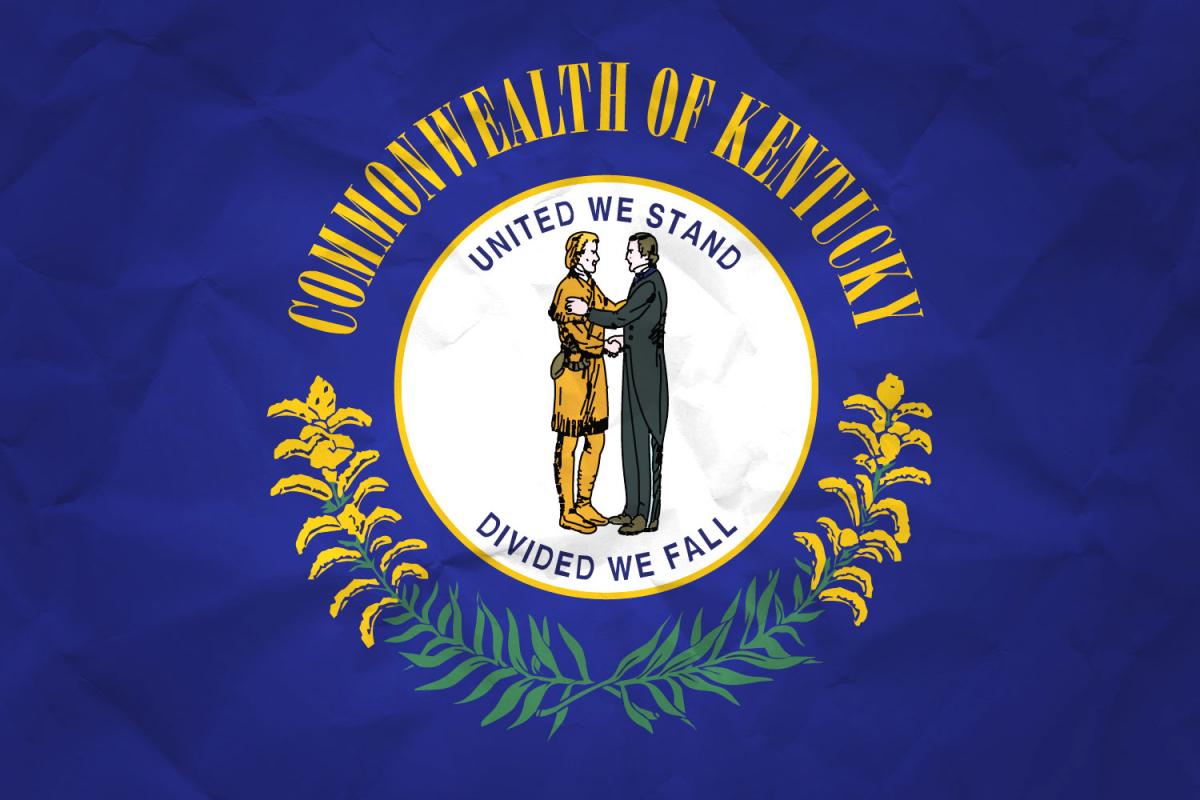THE LAWS IN QUESTION IN THE SCHILL CASE
[B'Spokes: Previously l have been critical of LAB's involvement in this case but now it looks like that they are doing something, which is a good thing. Now don't take this the wrong way but I still would love to see more public service announcements that put to shame the kind of thinking behind the charges against Schill. And I'll take this time to give a special thanks to the Eldersburg police who rode behind me on Route 26, l assume for my safety when they could have been like the police in Schill's case and ticketed me. There are two ways police to react to something they perceive as unsafe, they can improve everyone's safety or start handing out tickets. We need to encourage more of the former!]
 This week, my colleague, Steve Clark, wrote about his experience riding with Cherokee Schill and the conditions she faces while biking to work in Kentucky. As he detailed, she confronts numerous difficulties while riding and faces both official and unofficial harassment for riding in the road.
This week, my colleague, Steve Clark, wrote about his experience riding with Cherokee Schill and the conditions she faces while biking to work in Kentucky. As he detailed, she confronts numerous difficulties while riding and faces both official and unofficial harassment for riding in the road.
Her fight for her right to road reflects our society’s decisions about how we create roads, how we create laws for those roads, and the culture of safety we choose to create for our roadways.
So what's the legal background for her fight? And are their signs of hope for Kentucky’s future? Keep reading...
The Legal Problem with Bikes in Kentucky
 Kentucky, like several other states, does not provide clear rules for bicyclists, or the motorists who share the road with bicyclists. The basic problem is that Kentucky does not address bicycles as their own type of vehicle — and this leads to rules that are not made for the situations that bicyclists actually face.
Kentucky, like several other states, does not provide clear rules for bicyclists, or the motorists who share the road with bicyclists. The basic problem is that Kentucky does not address bicycles as their own type of vehicle — and this leads to rules that are not made for the situations that bicyclists actually face.
A bicycle in Kentucky is a vehicle, because the Kentucky Statute that defines "vehicle" does not exclude those propelled by muscular power. However, a bicycle is never actually defined in the Kentucky Statutes or Administrative Regulations that create Kentucky’s traffic laws.
While a bicycle in Kentucky is not defined as a motor vehicle, it is required to operate in the same manner as a motor vehicle with three limitations. But, unlike 48 other states, Kentucky does not give a bicycle rider the rights of an operator of the vehicle they must behave like.
How does failing to address bicycles as their own type of vehicle affect bicyclists in Kentucky?
One of the major differences between Kentucky and other states is that it doesn't have a law that tells bicyclists specifically where to ride. Instead, as in five other states, bicycles are treated as slow-moving vehicles. This by itself isn't necessarily problematic — but it does have practical repercussions.
In states where laws dictate where bicyclists are supposed to ride the vast majority provide numerous exceptions to the requirement to ride to the right. These exceptions help to remove interpretation about what is as far right as “practicable” and give bicyclists a positive right to move left (into or further into the travel lane) when facing common situations such as the need to make a left turn, hazardous road conditions, narrow traffic lanes, and right turn only lanes. You can find out more about these laws and common features in my Bike Law University article on Where to Ride laws.
In Kentucky the slow-moving vehicle statute (Kentucky Revised Statute [KRS] 189.300) does not reflect the situations that bicyclists face. In fact, it does not give a slow-moving vehicle, including a bicycle, any situation in which it is okay to move left — other than it not being “practicable” to keep to the right-hand boundary of the highway. This “practicable” standard leaves a lot of discretion to law enforcement, prosecutors, and judges, who may not understand safe cycling practices or believe that bicyclists should be treated with the same respect as other road users.
In Kentucky, the slow moving vehicle statute is especially problematic for bicyclists for two reasons:
- It requires bicyclists to keep to the right-hand boundary of the “highway,” which includes the entire right of way. In 43 other states, bicyclists are required to keep to the right of a “roadway,” “way,” or “highway” that excludes portions of the right of way, typically the berm, shoulder, sidewalks, or portions not ordinarily used for vehicle travel. This creates a situation where officials interpreting the law can find that what is “practicable” pushes bicyclists out of the travel lanes.
- The Kentucky Administrative Regulations for bicycles (601 KAR 14:020) permit bicycles to be operated on the shoulder of a highway and require bicycles to use bicycle lanes, where marked. While it isn't bad that bicyclists are given the opportunity to use the shoulder of a highway, this helps create the conditions for interpretations of the law that require the use of the shoulder.
A bicyclist, like Cherokee Schill, who chooses to not use the shoulder, is forced to identify why the shoulder was not “practicable” to use even, though it is within the right-hand boundary of the highway and a place that a bicyclist explicitly can ride. Bicyclists must also fight the idea that a shoulder is set aside for their use, and not the use of motor vehicles, just like the bike lanes they're required to use when they are marked. This is a difficult task and without exceptions to the “practicable” requirement the court does not have to accept that the existence of a particular condition, like a debris-filled shoulder, made the use of that shoulder not “practicable.”
Making laws that recognize bicycles as their own type of vehicle allows legislatures, or the officials who make traffic law regulations, to recognize the conditions actually faced by bicyclists. In Kentucky, Cherokee Schill is caught fighting laws that did not anticipate her situation and do not give clear guidance to the officials interpreting them. We can only hope that her appeal goes well and that Kentucky enables safe cycling going forward.
A Failure of Laws and Culture
Cherokee Schill was also convicted of violations of KRS 189.290, which requires vehicles to be operated “in a careful manner, with regard for the safety and convenience of … other vehicles upon the highway.” She was convicted for taking the lane, rather than riding as far to the right of the highway as “practicable,” and prioritizing her safety. By charging Schill, and not the motor vehicles that erratically react to her or harass her, the officials of Jessamine County are prioritizing the convenience of motorists over the safety of bicyclists.
It's both a legal and a cultural failure that we have laws, and enforcement, which prioritize the safety and convenience of motor vehicles over the safety and convenience of bicyclists and other persons who are more vulnerable than the occupants of motor vehicles with whom they share the road.
What happens next?
For Schill, she has an upcoming appeal of her convictions for failing to ride as far right as “practicable” under KRS 189.300 and for failing to operate her vehicle carefully under KRS 189.290.
For Kentucky, there is a proposed amendment to 601 KAR 14:020, which would substantially deal with the issues brought up by Schill’s case. The two major statutes at issue in her case have not been updated since 1942 and the regulations have not been updated since 1994. The proposed amendment could be better, but it is a reasonable first step.
The League is sending a letter in support of the amendment to the members of the Kentucky Administrative Regulation Review Subcommittee, which has postponed considering the amendment until Schill’s case is resolved.
Stay tuned for another post tomorrow, from League President Andy Clarke, on what's next...
http://bikeleague.org/content/laws-question-schill-case